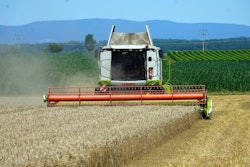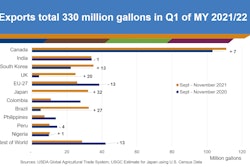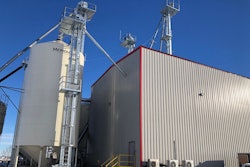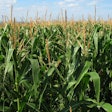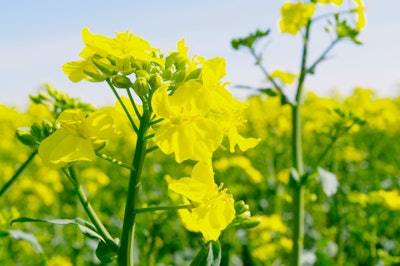
Federated Cooperative Ltd. (FCL) plans to build an Integrated Agriculture Complex (IAC) north of the Co-op Refinery Complex in Regina, SK, in a joint venture (JV) partnership with AGT Food and Ingredients Inc. (AGT Foods).
The newly formed JV will construct a $360 million canola crush facility. The partnership with AGT is a 51%-49% split, with FCL holding the majority ownership stake.
The canola crush facility will supply approximately 50% of the feedstock required for a 15,000 barrel/day renewable diesel plant, with the remainder of the supply contracted from other canola crush facilities.
The canola crush plant is part of a $2 billion investment FCL is making in the construction of an IAC. This announcement builds on the company’s recent announcement that FCL is advancing plans to construct a renewable diesel facility in the Regina area. The IAC will include the recently announced renewable diesel plant and canola crushing plant that will produce the feedstock for the plant-based fuels produced at the renewable diesel facility.
Murad Al-Katib, president and CEO of AGT Foods, says agriculture is at the forefront of many global challenges and is providing societal solutions to global protein requirements, food and renewable fuel supplies.
"This project demonstrates Saskatchewan’s leadership in plant-based foods, fuels and feeds and brings together two Saskatchewan companies with the shared goals of decarbonizing our economy and adding value to Western Canadian crop production," says Al-Katib.
"We believe that AGT’s capabilities in grain logistics and plant protein ingredients combined with FCL’s strong history in energy and farm inputs creates a powerful partnership that will benefit the communities in which we operate.”
Scott Banda, CEO of FCL, says Al-Katib and his team are already playing an instrumental role in Saskatchewan agriculture and will bring a great deal of expertise to this venture.
“We are excited to realize the vision we share to bring value-added opportunities to the agriculture sector in both farm-to-tank and farm-to-fork opportunities that will benefit the communities we serve," he says.
"We know the synergies between transportation fuel production and agriculture will play a vital role in Western Canada’s transition to the low carbon economy,” Banda continues. “We believe our Co-op Retailing System is well-positioned to integrate and capture the full agricultural value-chain in the production of fuel and value-added products. We are excited about the opportunities that the IAC will provide for Co-op, the City of Regina and all of Western Canada.”
The projects that comprise the IAC will provide significant economic opportunities locally and across Western Canada. The construction phase of the IAC will create an estimated 2,750 jobs and, once complete, could potentially create up to 300 permanent jobs.
In terms of economic impact, the gross economic output of the complex will be an estimated $4.5 billion. This estimate includes all economic realizations associated with the facility. The IAC investments are subject to continued due diligence as well as environmental, regulatory and board approvals.
FCL is the fourth company to announce a canola crushing plant in the province. Cargill, Viterra and Ceres Global Ag Corp. have already announced plans to build facilities in the province.
"With this project, more than $12 billion of capital investment has been announced for the province in the last year, including about $2 billion to build four new canola crush plants," says Premier Scott Moe.
"FCL’s new renewable diesel facility will reinforce Saskatchewan’s reputation as one of the most sustainable producers of energy in the world. This project is a win for the economy, a win for workers, families and communities, and a win for the environment.”
The IAC ultimately creates opportunities for both local co-ops and agricultural producers. Through the integration of agriculture with plant-based fuel production, FCL is providing farmers with another marketing opportunity for their crops and local co-ops with another opportunity to build even stronger relationships with producers.


